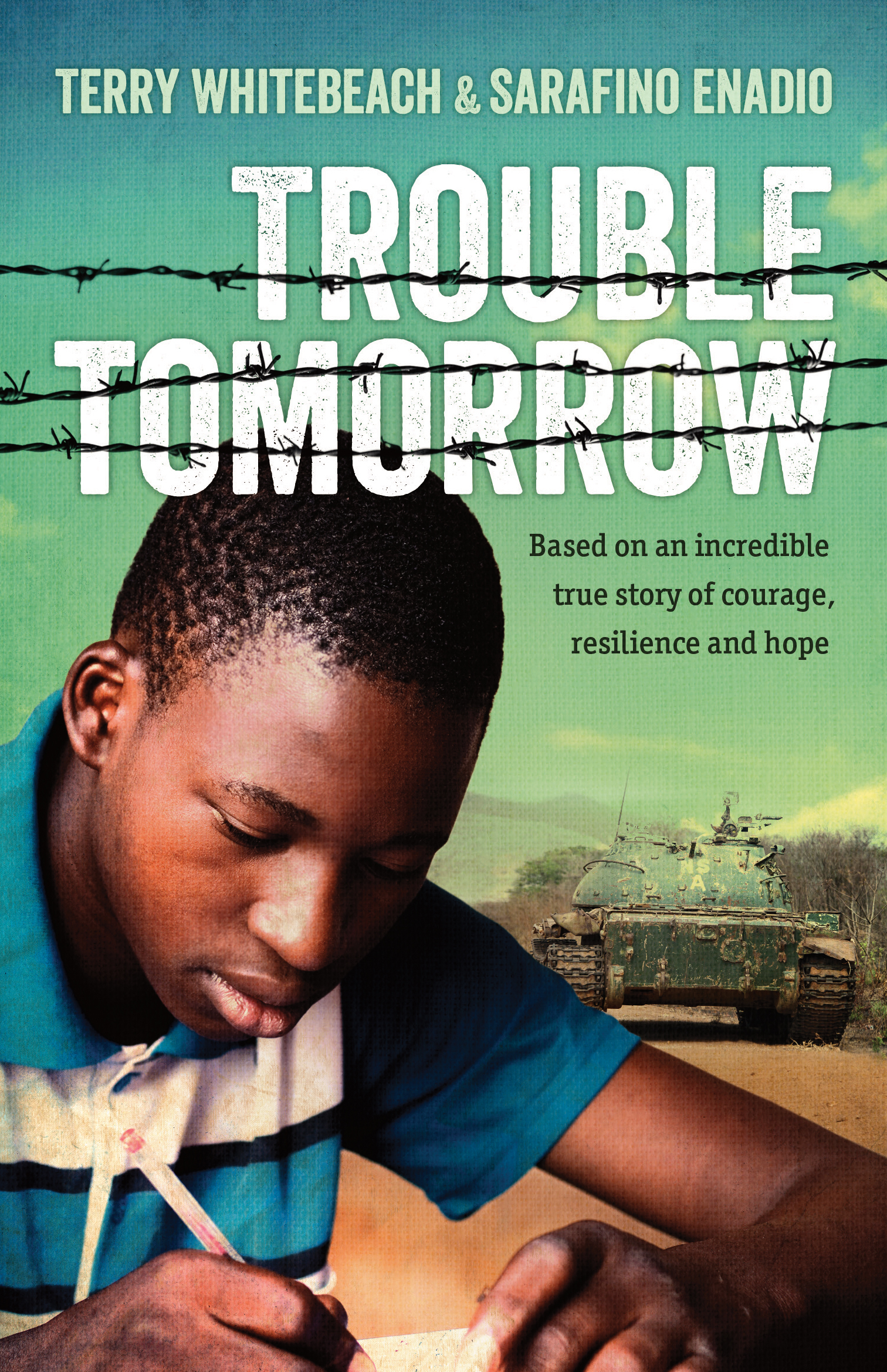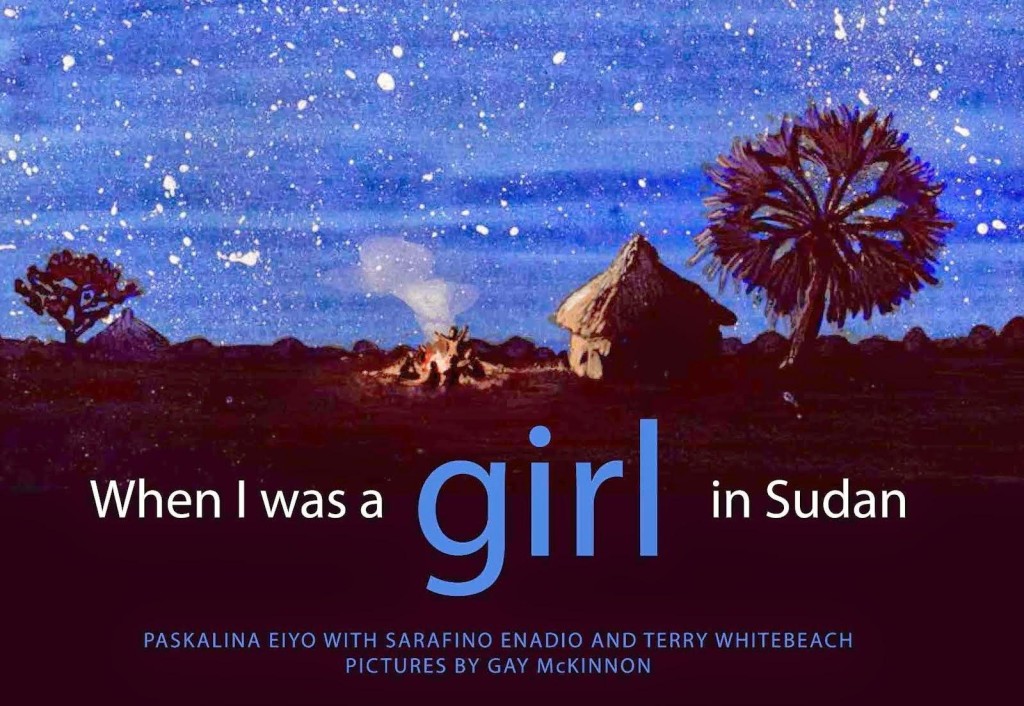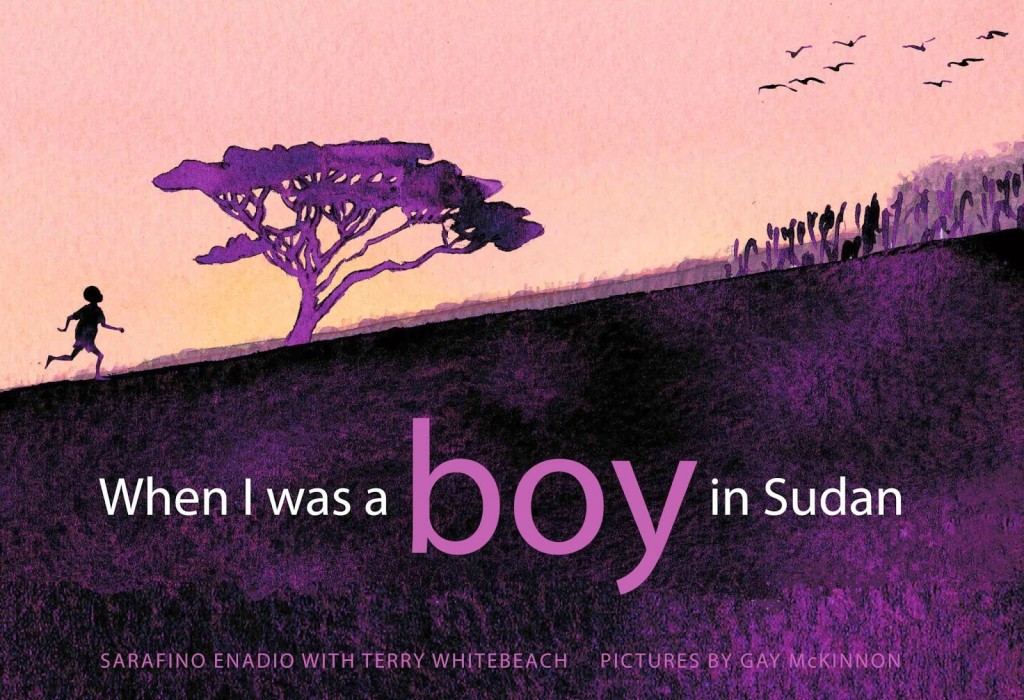With thanks to Grace Bryant for her words.
We all know the feeling of self-doubt. It tiptoes politely around our tiniest, most beloved ideas, softly seeking permission to be present. Then gently questions, until it becomes a comfortable, familiar and almost reassuring voice. Then it starts poking. And pointing. Over time, that voice makes your tiny idea feel even tinier. This discouraging whisper often becomes a war cry, crushing your tiny idea even before it could blossom into a story.
We’ve all been there. Even the most successful, most talented, most celebrated authors and illustrators suffer this voice. And it’s not a voice that goes away. It must be managed; hushed with words of affirmation, saturated by hard work, reshaped though development, conquered by perseverance and straight up loved into submission. It’s definitely possible to shush this voice and to make space for your tiny idea to grow. And the reward for protecting your tiny idea from that big, nasty voice? Well, I’ll get to that.
SCWBI ACT’s August development event welcomed author/illustrator Caroline Magerl, author Emma Allen, illustrator Hannah Sommerville and NLA publisher Susan Hall, who generously shared their warm voices, brilliant ideas and contrasting experiences with us.
Believe it or not, Caroline Magerl’s pathway into illustration was neither linear, nor easy. She shared with us many ideas; some tiny, some grown and nourished through time and experience:
- Hold on to your tiny ideas and dispute your personal fail-voice;
- Modern day networking is a blessing. We’re lucky to be so connected and for opportunities to be visible, as this hasn’t always been the case;
- We don’t need a license to try, or to succeed;
- Have an agenda or you’ll become someone else’s agenda;
- Keep a line in the water; in fact, keep many lines in the water to stay diverse and at the edge of your abilities;
- In this industry, one success does not guarantee another;
- Follow through on your ideas and listen to your own voice;
- And most importantly, that crafting our tiny ideas into stories is more powerful than we can imagine. A children’s book is capable of influencing many lives.
If you ever get the chance to hear Caroline’s story, you won’t regret it. Not only does she spin a good yarn, its fibres are shorn from hard work, soaked in persistence and challenging times loving stitched together with her successes. Her most recent book, Maya and Cat is drawn from these experiences. It’s evidence that a tiny moment can become a tiny idea, which could impact someone, somewhere. Its stunning word choice and thoughtful, unexpected watercolour and ink illustrations are an utter delight.
Caroline Magerl at SCBWI ACT's August Development Event
Emma Allen, Hannah Sommerville and Susan Hall showed us how the power of an idea can be enhanced, elevated and enlivened by others. And that our collective ideas, skills and experiences enable the ideas and success of others. In sharing the story of their collaboration, we learnt that:
- Establishing the right working relationship is as important as getting the work right;
- A genuine collaboration requires trust, as you’re both exchanging something precious;
- Trust in each other enables confidence in one’s self, one’s skills and in the partnership. Sharing in this trust is a joy;
- Collaboration is an iterative process. Words, illustration, edits will evolve as the work ceases to be owned by an individual and the story becomes co-owned;
- If you’re lucky, you might even make a friend though a collaboration;
- Understanding the rhythm of the story is vital, to allow space for the story to breathe, pant or sigh, rather than simply be told;
- Regardless of the story that you intend to tell, the readers will always imprint themselves on to it. This is the joy of storytelling and of sharing your tiny idea.
Digby and Claude is Emma and Hannah’s most recent collaboration. Though it’s set in the 1930s, the themes of friendship, imagination and belonging keenly resonate today. Their seamless blend of words and illustrations offer readers the opportunity to explore grief and renewal, in a safe space. Hearing about their collaboration inspired SCBWI ACT to trust others with our tiny ideas.
Susan Hall, Hannah Sommerville and Emma Allen on collaboration
And now, to answer that lingering question. What is the reward for persisting and for battling self-doubt? It’s not necessarily global success or a three-book deal. It’s the opportunity to share your tiny idea. To nourish another’s tiny idea. To tell your story. Or, the simple knowledge that the tiny idea left unexplored, or story left untold leaves a greater void than daring to try. You never know the impact you may have simply by sharing your tiny idea.
Ironically, our own stories are more often shaped by challenge and adversity than success. Success is the easy part. The bit that comes before that is the hard part. Sometimes the ability to push past self-doubt and to choose to listen to the tiny idea rather than that nasty voice is the greatest act of creativity.
So, go on, persist.
SCBWI ACT is grateful to Caroline Magerl, Emma Allen, Hannah Sommerville and Susan Hall for sharing their magnificent, inspiring and influential ideas. We like you. A lot.
SCBWI ACT send their love.








